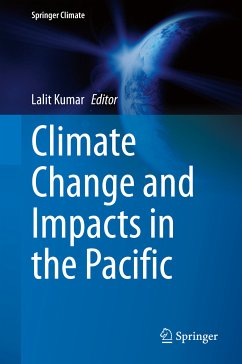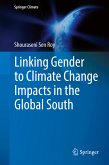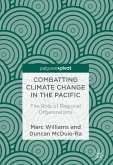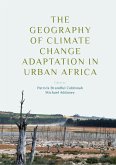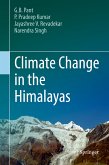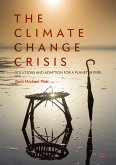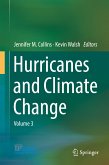The book first introduces the issues specific to island communities, such as high emissions impacts, and discusses the importance of the lithological traits of Pacific islands and how these physical factors relate to climate change impacts. From here, the book aims to analyze the various vulnerabilities of different island sectors, and to formulate a susceptibility index from these variables to be used by government and planning agencies for relief prioritization. Such variables include tropical cyclones, built infrastructures, proximity to coastal areas, agriculture, fisheries and marine resources, groundwater availability, biodiversity, and economic impacts on industries such as tourism. Through the categorization and indexing of these variables, human and physical adaptation measures are proposed, and support solutions are offered to aid the inhabitants of affected island countries. This book is intended for policy makers, academics, and climate change researchers, particularly those dealing with climate change impacts on small islands.
Dieser Download kann aus rechtlichen Gründen nur mit Rechnungsadresse in A, B, BG, CY, CZ, D, DK, EW, E, FIN, F, GR, HR, H, IRL, I, LT, L, LR, M, NL, PL, P, R, S, SLO, SK ausgeliefert werden.

